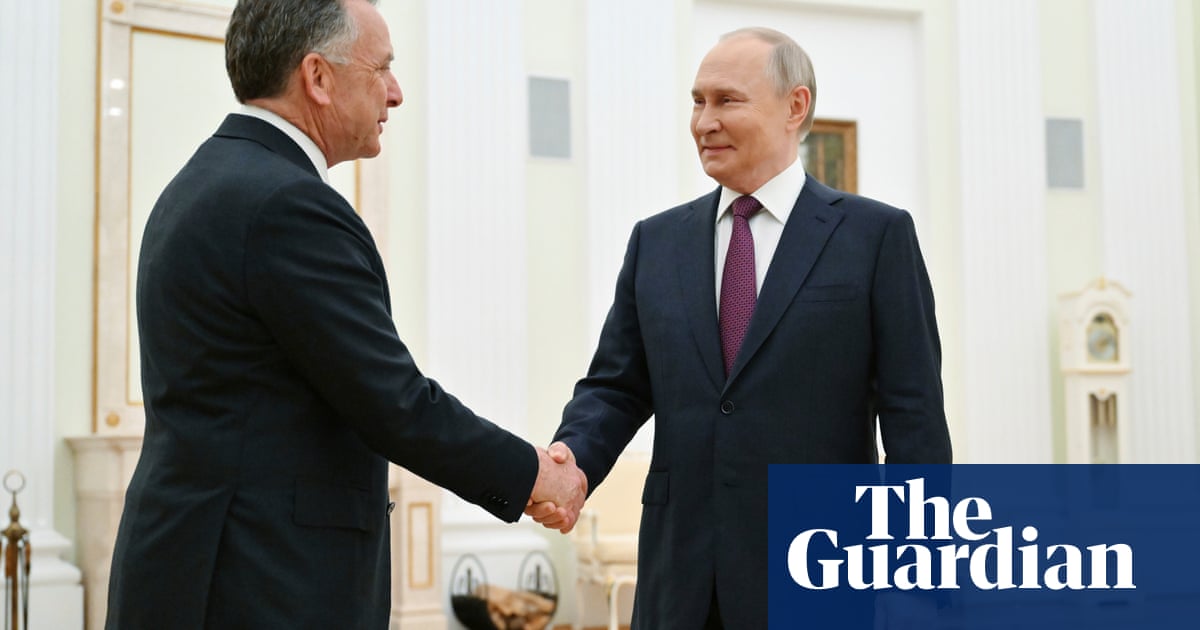
"Trump's assertion that Crimea is now just a fact to be accepted neglects the complexities of international law and the gravity of territorial integrity."
"The notion that Crimea would not have been seized if Trump were president fails to account for the longstanding geopolitical tensions leading to the annexation."
"Proposed US settlement terms echo historical precedents that unjustly judged defeated nations, emphasizing the risks of viewing territorial disputes through a great power lens."
"Despite Ukraine pushing for a ceasefire before discussing territorial issues, the US and Russia remain uninterested in a path concurrent with Ukraine's sovereignty."
In a recent interview, Donald Trump stated that Crimea should remain with Russia, framing this viewpoint as a necessary acceptance of past actions. He argued that if he had been president during the 2014 annexation, it would not have occurred, merely attributing it to former President Obama. This perspective disregards Ukraine's sovereignty and historical complexities related to territorial claims. Additionally, the article contrasts Trump's stance with Ukraine's peace proposals, which advocate for a ceasefire and eventual discussions on territorial integrity, highlighting the different approaches to resolving the conflict with Russia.
Read at www.theguardian.com
Unable to calculate read time
Collection
[
|
...
]